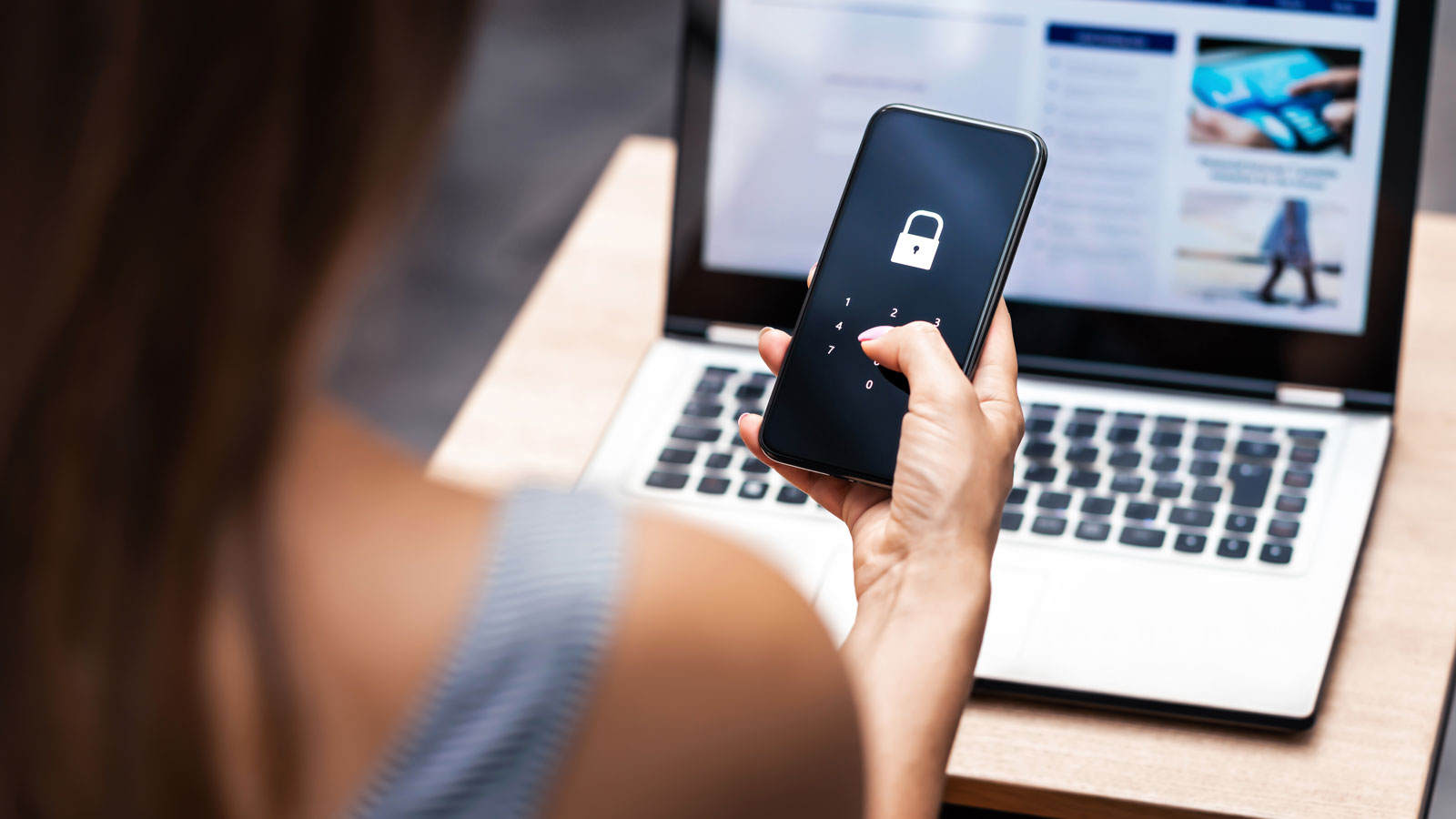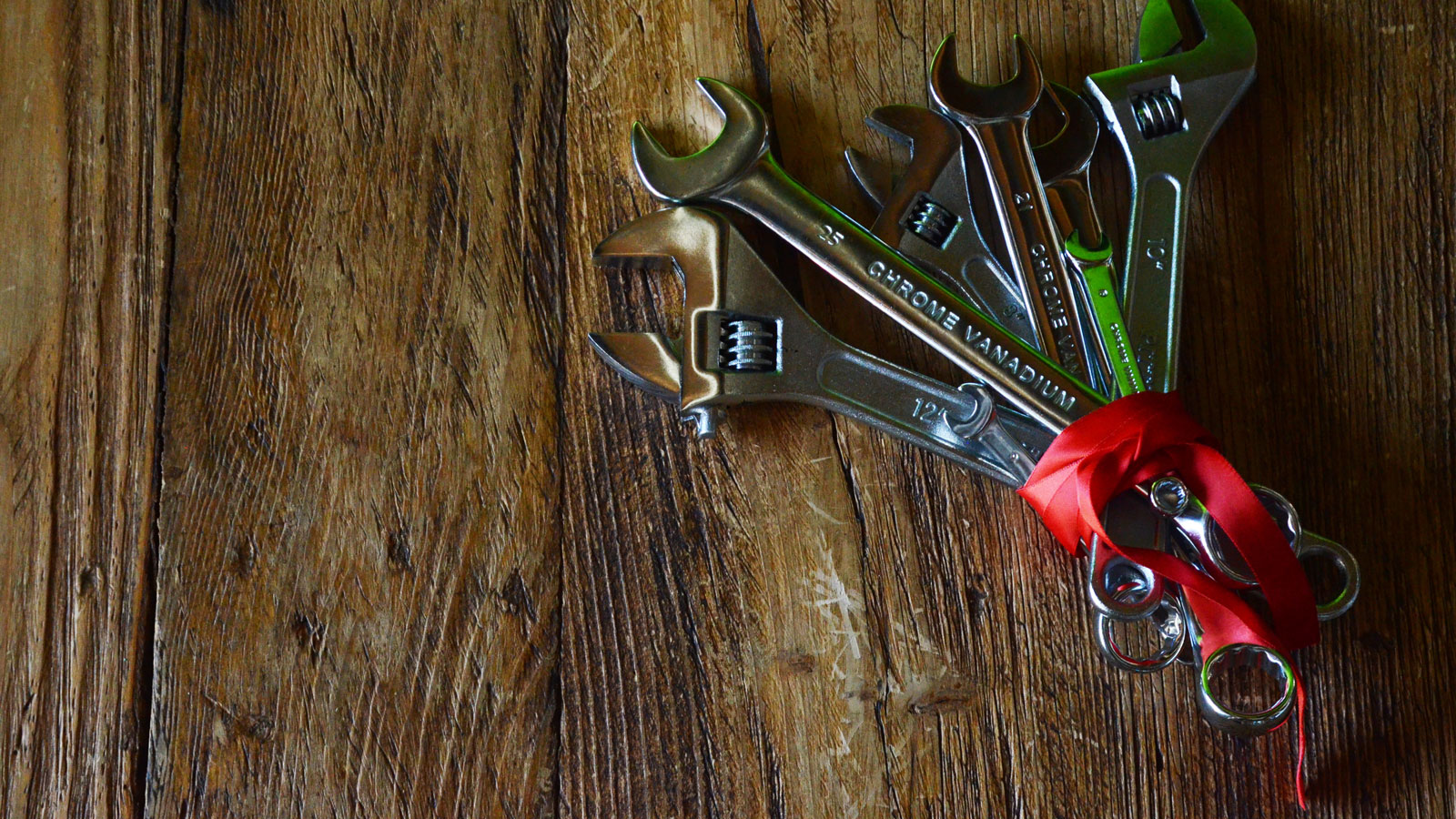
Locked Out
The Unintended Consequences of Phone Activation Locks and How We Can Fix It
Donating phones to be reused can reduce electronic waste and save consumers money by fostering a robust used phone marketplace. Unfortunately, the rise of activation locks is leading to the scrapping of tens of thousands of perfectly reusable phones, which fuels the production of more new phones and the pollution that comes with that.
Downloads
CoPIRG Foundation
We live in a world where some of our most prized possessions fit in the palms of our hands. If we are not holding our phones, we usually keep them within sight or touch. But our phones are not only valuable to us; they can be valuable to thieves, who can extract the value from a stolen device in multiple ways. In order to combat phone theft, phone manufacturers have developed the activation lock, a kill switch that, when activated, prevents anyone except the owner from using the phone.
While the activation lock is intended to deter thieves by making stolen phones unusable and therefore not worth stealing in the first place, it has also resulted in making a surprisingly high number of donated or handed-down phones unusable, having negative impacts on our environment and the used phone marketplace.
If someone does not turn off the activation lock on their phone before they drop their phone in a donation box, their phone can’t be reused as a whole device and will be unusable. The phone can be powered on and off by a certified recycler but it will not be allowed to function as another person’s phone. Thus, instead of reusing otherwise perfectly reusable phones, they are broken up for their parts.
The Wireless Alliance is an electronics recycling facility located in Lafayette, Colorado that has over 30,000 phone and tablet donation programs across the country. According to The Wireless Alliance, they have received over 66,000 reusable phone that were activation locked iPhones since 2015. These reusable phones were scrapped instead of being reused because of the activation lock. 1 in 4 iPhones they received in 2018 were activation locked, and this proportion is expected to grow with time.
Every phone that can be reused should be reused. If a phone is not being reused, it can end up in the landfill, where it contributes to the fastest growing waste stream in the world. In America, we discard over 416,000 phones per day, approximately 7,800 per day in Colorado. According to the Institute of Electrical and Electronics Engineers, 165 pounds of raw material are required to produce one 8-ounce cell phone. Most of the greenhouse gas emissions associated with cell phones comes from the production of the phone, not the cell phone’s use.
In addition, for consumers, used devices are often more affordable than newer devices. Even though we have seen major advances in cell phone technology and capabilities over the last two decades, for many Coloradans, a phone that is three to five years old can perform all the functions they need including staying in touch with family, checking the weather, getting directions, watching a video, reading emails, checking the news, and taking a picture.
The most efficient way to keep phones out of landfills and to support a robust used-phone marketplace is to reuse them, but activation locked phones cannot be reused.
There needs to be a way for recyclers to have the activation locks removed from non-stolen phones that are donated to be reused. Unfortunately, there is no current system in place where recycling companies like The Wireless Alliance can flag non-stolen activation locked phones to manufacturers like Apple and Samsung to have the locks turned off so that new consumers can benefit from the perfectly reusable devices their previous owners have tried to pass on. Therefore, if a phone’s activation lock is not lifted by the original owner, the lock is permanent.
CoPIRG Foundation recommends manufacturers and recyclers work together to verify donated phones are not stolen and therefore should have the activation lock lifted so it can be used by someone else. For example:
- Recyclers with extensive data security certifications can run phone identification numbers through national databases to check if phones were reported lost or stolen; they can send a list of identification numbers for phones that were not reported lost or stolen within 30 days to the manufacturer who should unlock the devices.
- Manufacturers and recyclers can also set up a consumer-facing verification system where someone who donates an activation locked phone is sent a notification by the manufacturer asking them to verify that they donated their phone; if the consumer presses yes, the phone should be immediately unlocked.
Finally, recyclers and manufacturers can implement more prominent consumer education campaigns to ensure that people know what an activation lock is and how to turn it off before they donate their devices.
Topics
Find Out More


Fixed for the Holidays

Trouble in Toyland 2023

